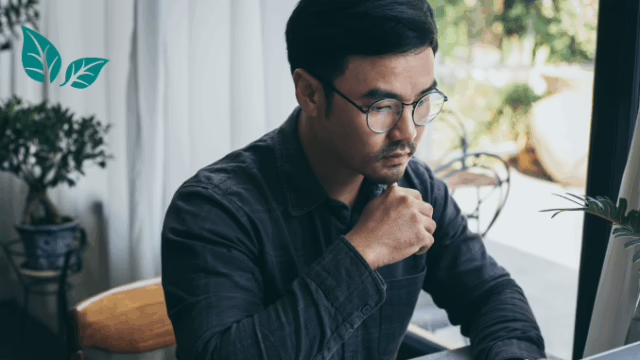As we exit a cold and rainy San Diego winter, we look forward to a warm and sunny spring. One way to take advantage of all the San Diego sunshine is to consider adding solar panels to your home. While there are many benefits to solar panels, there are also a few drawbacks that must be considered which is why we recommend caution when considering the purchase of a solar panel system. Here is a list of some benefits and areas of caution related to solar panels to consider.
Benefits:
- The number one reason people switch to solar is to reduce their energy bill. As electric bills continue to increase, there may be some significant savings over the long run if energy bills continue their upward trend.
- To offset the initial cost of switching to solar, you may be eligible for a tax credit. This credit may directly reduce your taxes which effectively gives you a discount when purchasing the system.
- Many new systems have the ability to store excess energy created during the day to provide energy at night. This further reduces the amount of energy needed from the utility company.
- Solar panels can be seen as an investment in your home. Similar to a remodel, solar panels may increase the overall value.
- Switching to solar can also provide an emotional benefit by making you feel better about your carbon footprint because you will know that you are helping to create and use renewable energy for years to come. Using the sunshine to power your home is much less harmful to the environment than using fossil fuels.
- Lastly, converting to solar gives you a sense of independence and security by not relying on a utility company to provide and set prices for your electricity. It’s a way of managing the cost of energy in your future.
Areas of Caution:
- The initial cost can be expensive. When considering a purchase like this, we recommend analyzing the breakeven point to determine if the solar panels are worth the cost and hassle of maintaining them. We typically see situations where it makes sense to go solar when the breakeven period is between 3-5 years and the homeowner plans to stay in that house for a long time. If you plan to move in a short period of time, forgoing the addition may be wise as you may not reach the breakeven point on the purchase.
- Depending on where your house is located, you may not have the ability to use a solar panel system efficiently. An example of this would include if you live in a shaded area or in a valley that doesn’t get a lot of direct sunlight.
- Think about the aesthetics as it relates to where the solar panels will be installed. Some local councils or HOAs do not allow front facing solar panels on the homes in their communities. On a related note, make sure you are okay with giant black panels sitting permanently on your roof or wherever they will be located.
- The age and condition of your roof can also be a determining factor. If your roof needs major repairs or a complete replacement, then you should wait to install solar panels because during major repairs or roofing replacement, the panels will have to be removed. We recommend coordinating the timing of any major roof repairs or replacements with solar panel installation.
In summary, converting to solar energy can make sense for many families, but careful consideration must be taken before making any final decisions. If you need help with running a breakeven analysis on your options or would like to discuss your situation in further detail, then please contact one of CCMI’s four CERTIFIED FINANCIAL PLANNERTM Professionals to see how we can assist you in the process.
CCMI provides personalized fee-only financial planning and investment management services to business owners, professionals, individuals and families in San Diego and throughout the country. CCMI has a team of CERTIFIED FINANCIAL PLANNERTM professionals who act as fiduciaries, which means our clients’ interests always come first.
How can we help you?






